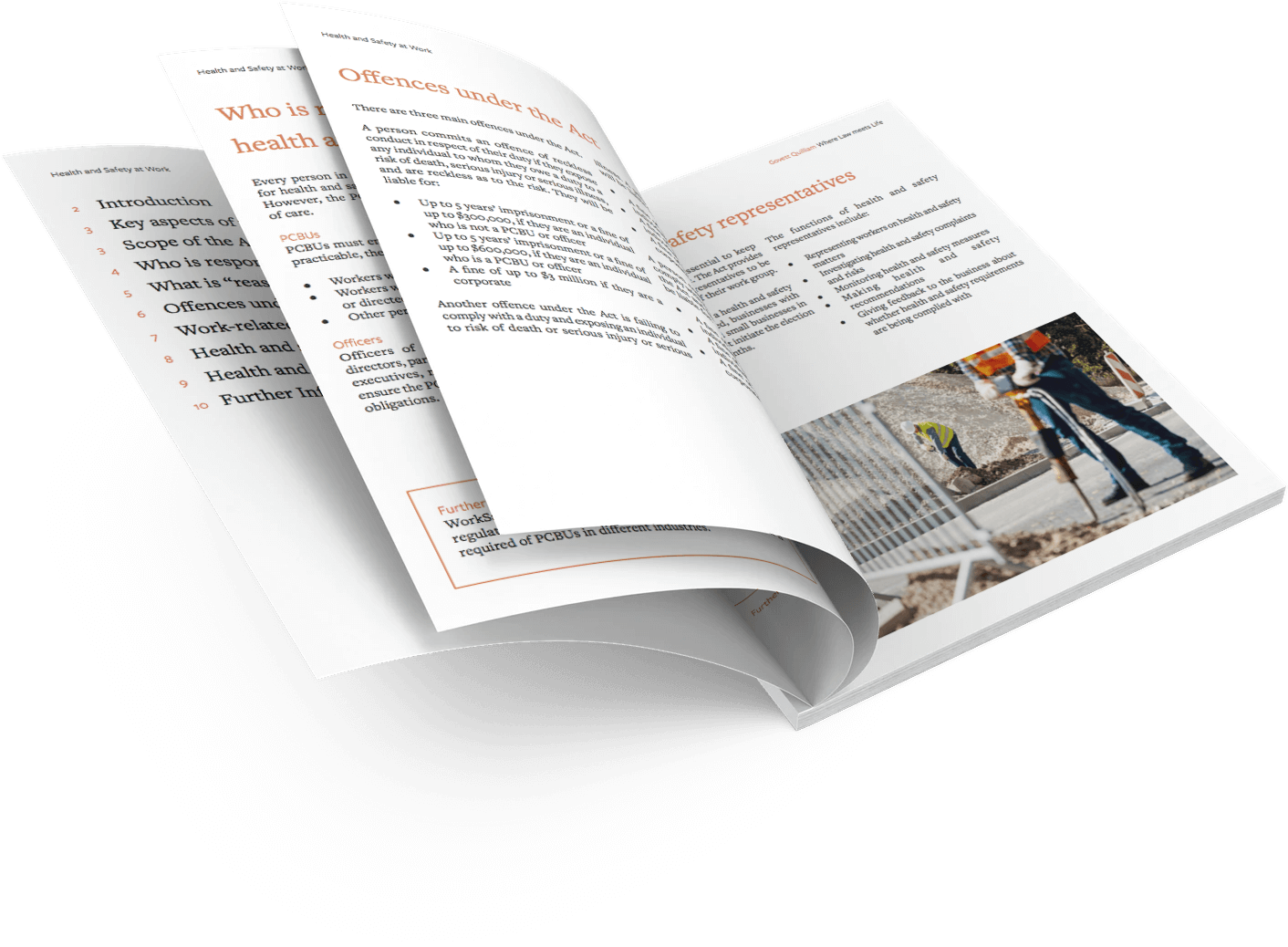
The Government has announced a temporary amendment to the Property Law Act to require a fair reduction of rent for commercial tenants that suffered due to COVID-19 restrictions. The Government’s proposed changes were foreshadowed last week through the release of a Cabinet Paper and Minute from the Ministry of Justice.
The Paper states that the temporary amendment will create an implied clause for certain commercial leases. The amendment will apply from 3 June 2020 and continue to apply for 6 months after the legislation is passed.
The proposed wording of the amendment and its exact parameters are unknown at this stage. However the Paper indicates the intention is to encourage landlords and small and medium New Zealand businesses to reach a fair rent reduction that reflects the parties’ unique circumstances.
The amendment will require commercial landlords and tenants to settle on a fair reduction in rent. If parties are unable to agree, the Paper proposes mandatory arbitration to settle the dispute, with the arbitration process being heavily subsidised by the Government.
Generally, the amendment will apply where businesses with 20 or fewer fulltime staff have suffered a loss of revenue during lockdown and they have not already reached agreement on rent reduction. For those who have already reached such an agreement, it seems this amendment will not apply to them.
Justice Minister Andrew Little announced that the wording of the clause will be similar to the “No Access in Emergency” clause that is seen in modern ADLS Commercial Leases. Little stated that the clause would also clearly require that:
- There is, or has been a material negative impact on the tenant’s business due to COVID-19, whether or not the tenant is able to access the premises.
- The parties negotiate a fair proportion of rent and outgoings that would cease to be paid. Parties could consider whether, in the circumstances, it was most appropriate for this to take the form of:
- no rent being payable for a period: or
- reduced rent being payable for a period, including reductions of varying levels over successive periods; or
- a scheduled rent increase being deferred; or
- rent continuing to be paid unabated; or
- a mix of any of these options.
Andrew Little also said that the amendment should include a list of other measures that could be negotiated such as rent deferment, if that is fair in the circumstances. Parties would therefore be provided with different rent reduction measures to negotiate, but it would not be mandatory to consider all these measures when negotiating.
Whether this proposed change can provide an equitable remedy for commercial landlords and tenants is yet to be seen. The amendment presents numerous questions, for example:
- Will the amendment provide relief during reduced alert levels outside of the lockdown period?
- Will the amendment address the discrepancies in different industries throughout the different alert levels?
- What happens where parties have reached an alternative agreement during alert level 4 but not otherwise?
- What happens to a business that does not qualify for the amendment?
GQ Corporate & Commercial team will look to provide further comment on this issue after the Bill containing the amendment is released.
For the official Cabinet Economic Development Committee, Minute of Decision, see here.






.png)

